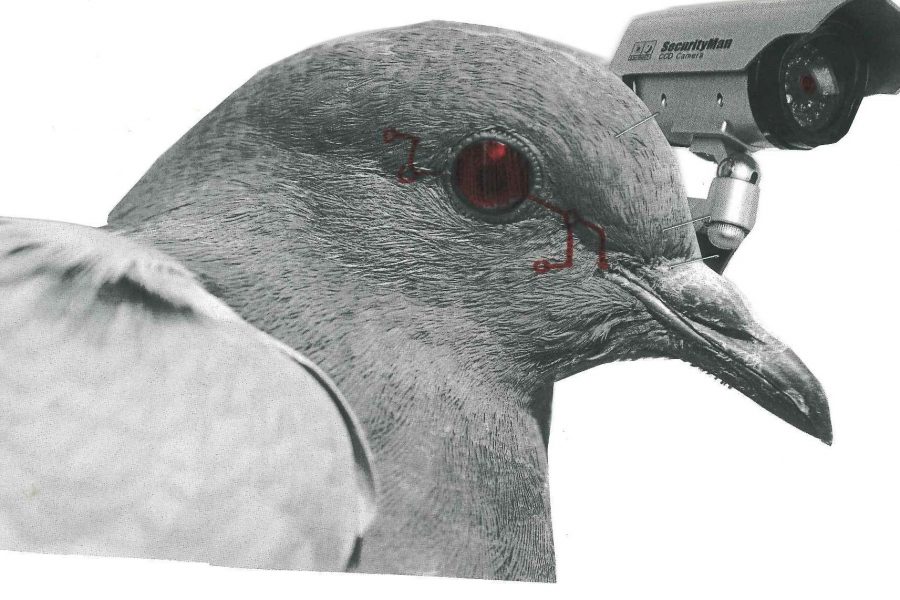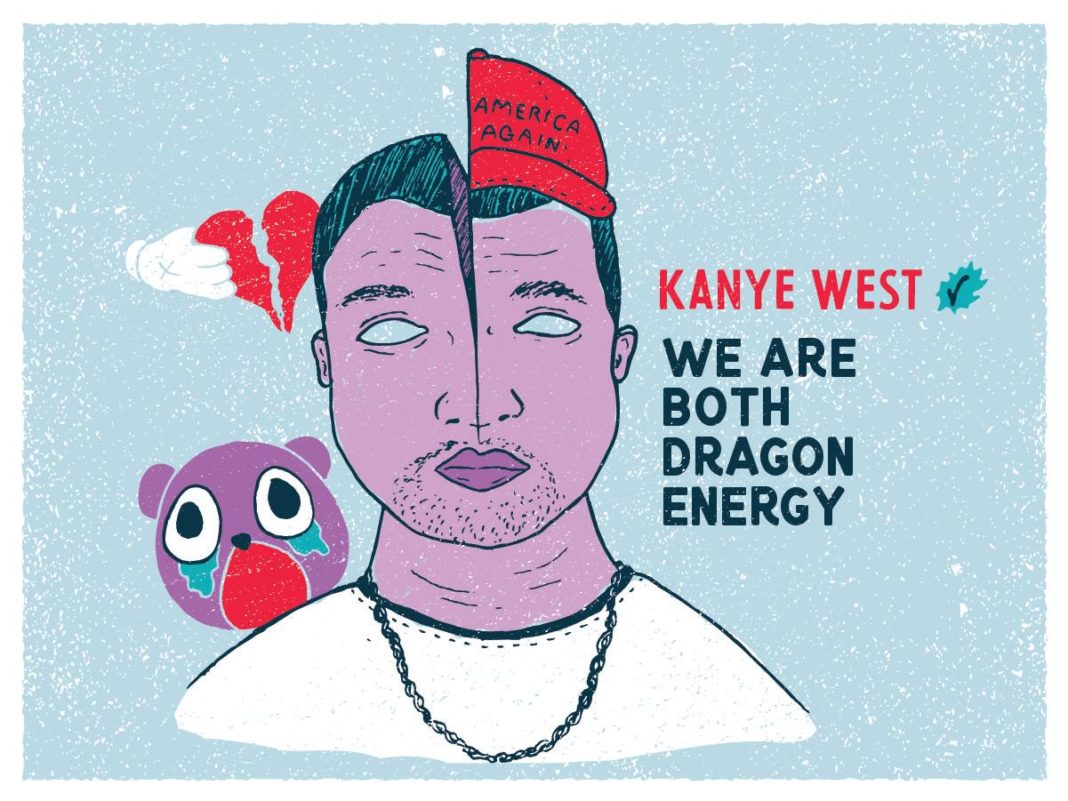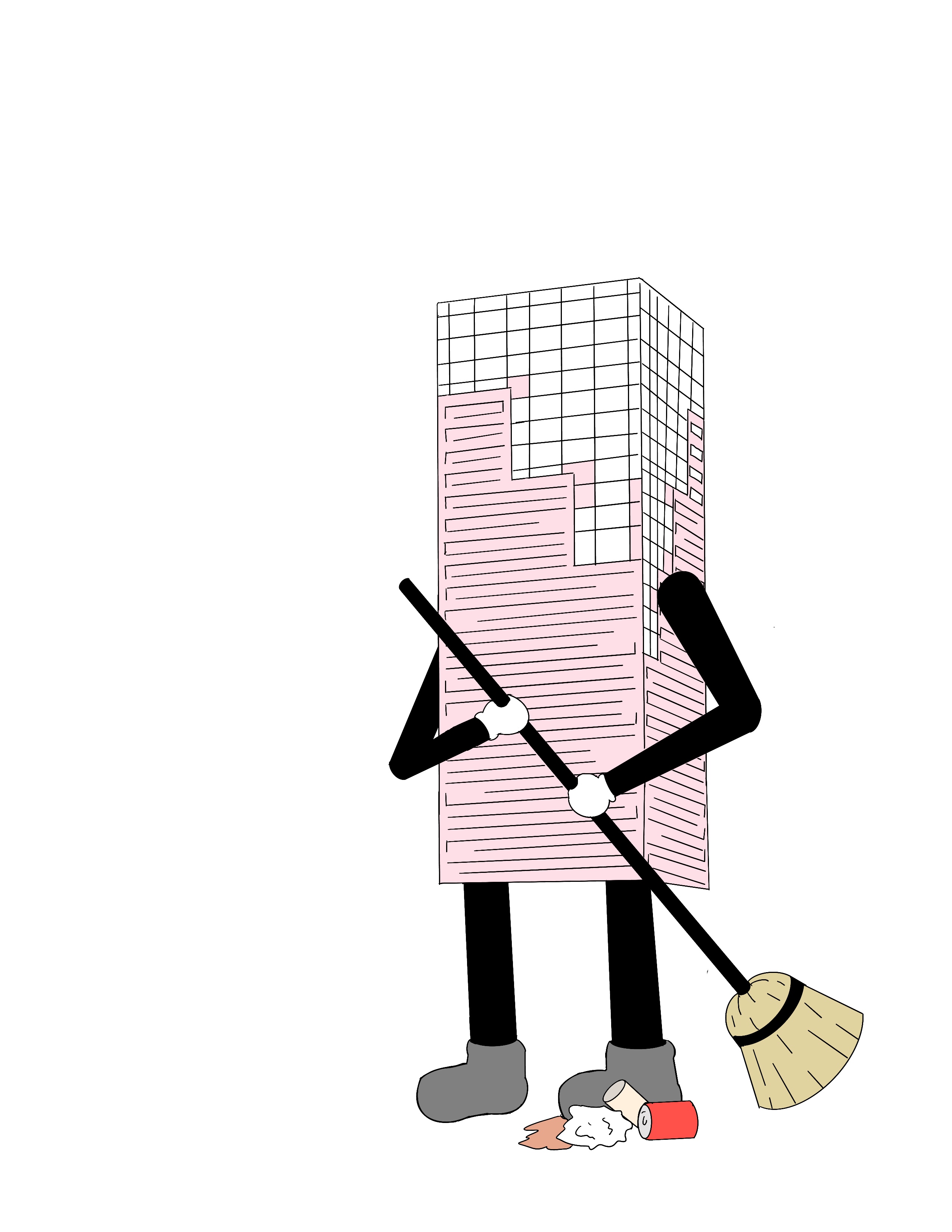There are still pockets of compassion out there, with Rahab’s Sisters being an organization that’s been trying to spread the importance of community building for the last 15 years. Photographer Briana Cerezo recently unveiled a new exhibition showcasing some of the Rahab’s Sisters’ guests and volunteers, and the message behind it is quite powerful.
“My hope is that this project will, in some small way, illuminate and remind people of the healing power of community and belonging,” Cerezo said. “We are living in a time where there are loud and amplified voices advocating for separateness and division, and I think we all long to feel a sense of belonging.”
Located inside Saint Peter and Paul Episcopal Church on 82nd, Rahab’s Sisters provides care to marginalized women and gender nonconforming persons through the form of “radical hospitality,” which includes providing hot, home-cooked meals every Friday, access to personal hygiene and feminine care products and a safe space for those subjected by sex work, houselessness, substance abuse, poverty and all forms of violence.
“I had never heard of the organization before, but looking at the incredible mission and the important services they provide, I really wanted to be involved,” said Cerezo, who first got involved with the organization earlier this year. “I love working with good people who are making positive change.”
Cerezo’s exhibit, titled “The Portrait Circle Project,” was funded by SE Uplift and seeks to illuminate the individual outside of their adversity, as well as celebrate those who have devoted themselves to helping out in some way or another. The original idea came from Rahab’s Sisters’ Executive Director Anneliese Davis, who felt Cerezo was the only fit to execute the project properly.
“I like the way the people portrayed in the images are largely removed from any contextual background, which I think allows us as viewers to see each person first and foremost as human, and in that, worthy of dignity and respect,” Cerezo said. “For some participants, these are the only photographs they have of themselves, and they were excited to share it with their children or other family members.”
For the most part, the subjects in the portraits are not identified by name or the circumstances that brought them to the organization, though some participants do include Oregon State Representative Alissa Keny-Guyer, Multnomah County Commissioner Jessica Vega Pederson and Multnomah County Commissioner Susheela Jayapal. Keeping the subjects anonymous, combined with the ways in which they were shot, was meant to speak more to emphasize the similarities between people in general.
The subjects were allowed to dress and style themselves for the shoot, and Rahab’s Sisters made sure that those with limited resources were still able to participate by arranging for Ginger Salon to help with some of the beauty services. Each portrait incorporates flowers—a nod to the beautiful bouquets that have become a staple at the Rahab’s Sisters’ Friday night dinners. Other artistic choices, such as the lighting used, were deliberate as well.
“I like the look of what is called ‘Rembrandt Lighting,’ but what is more valuable to me is its simplicity,” Cerezo said. “This lighting technique only uses one studio light, which allows me to be more present and available with the person in front of me, and I will always make logistical choices that prioritize my ability to connect with people.”
The Portrait Circle Project will tour to different spaces around town but for now remains at the 1122 Gallery on SE 88th. Just like the entire mission of Rahab’s Sisters as an organization, The Portrait Circle Project is working toward dismantling the stigmas centered around many of the issues the organization’s guests face on a daily basis. The main way of doing that, as the organization shows, is through community building and support.
“Whatever our stories are, and despite where we come from or what we are currently facing, I believe we all want to find our place in the family of things—where we can be seen for who we are, as we want to be seen.”
Cervanté Pope is a music and culture journalist whose work has been included in various publications around Portland including Willamette Week, the Portland Mercury and the Portland Observer, as well as a couple of creative nonfiction anthologies. When she's not tackling a giant mountain of deadlines she can be found headbanging at a metal show, advocating for animal rights or trying to scheme a way to get on Family Feud.







Dear Cervante,
Thank you for the lovely article! It’s so informative and wonderfully written.
If you or anyone else would like to see the closing of the show come on out to the gallery this Sunday between 4-6pm.
We are at 1122 SE 88th ave.
Thanks again for your lovely article!
Jesse, on behalf of 1122
http://www.1122gallery.com